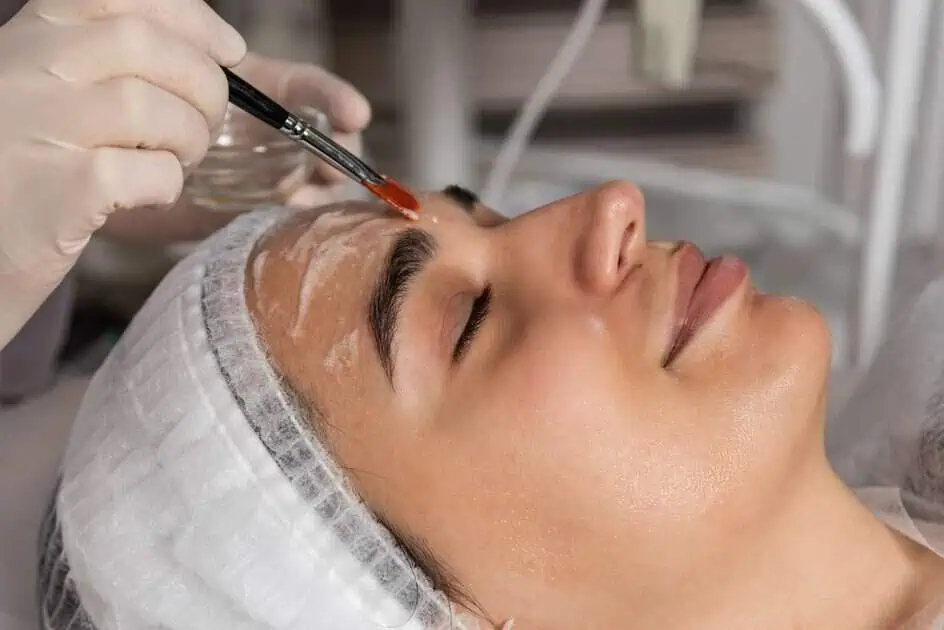In recent years, medicated weight loss has gained popularity as a potential solution for those struggling to achieve their ideal body weight. But is it appropriate for younger adults in their 20s and 30s? This comprehensive guide will explore the pros and cons of medical weight loss interventions for this age group, helping you decide whether it’s the right choice for you.
Understanding Medical Weight Loss
Medical weight loss refers to weight reduction strategies supervised by healthcare professionals, often involving FDA-approved weight loss medications or other medical interventions. These programs are designed to help individuals who have had difficulty losing weight through diet and exercise alone.
Components of a Medical Weight Loss Program
A typical weight loss clinic may offer:
- Prescription medications
- Nutritional counseling
- Behavioral therapy
- Physical activity guidance
- Regular health monitoring
The Rise of Weight Issues in Young Adults
Despite being in their physical prime, many young adults in their 20s and 30s struggle with weight management. Factors contributing to this trend include:
- Sedentary lifestyles
- Poor dietary habits
- Stress and mental health issues
- Hormonal imbalances
- Genetic predisposition
Given these challenges, some young adults are adopting medical weight loss solutions. But is this approach appropriate for their age group?
Pros of Medical Weight Loss for Young Adults
1. Early Intervention
Starting a medically supervised weight loss program in your 20s or 30s can prevent the development of obesity-related health issues later in life. Early intervention may reduce the risk of conditions such as:
- Type 2 diabetes
- Cardiovascular disease
- Certain types of cancer
- Osteoarthritis
2. Professional Guidance
Working with healthcare professionals at a weight loss clinic ensures that your weight loss journey is safe and effective. You’ll receive:
- Personalized treatment plans
- Regular health check-ups
- Expert advice on nutrition and exercise
- Support for addressing underlying health issues
3. Potentially Faster Results
For some individuals, weight loss medication can jumpstart their weight loss efforts, motivating to continue with lifestyle changes. This can be particularly beneficial for young adults who may have become discouraged by previous failed attempts.
Cons and Considerations
1. Potential Side Effects
FDA-approved weight loss medications can have side effects, which may include:
- Gastrointestinal issues
- Headaches
- Increased heart rate
- Insomnia
Discussing these potential side effects with your healthcare provider before starting any medication is crucial.
2. Cost
Medical weight loss programs can be expensive, and insurance coverage varies. Young adults should consider their budget and explore all options before committing to a program.
3. Dependency Concerns
There’s a risk of becoming psychologically dependent on medications for weight management. It’s important to view medical weight loss as a tool to help establish healthy habits, not a permanent solution.
4. Masking Underlying Issues
In some cases, weight gain in young adults may be a symptom of other health problems, such as thyroid disorders or polycystic ovary syndrome (PCOS). Medical weight loss should always include a thorough health assessment to identify and address any underlying conditions.
Making an Informed Decision
If you’re considering medical weight loss in your 20s or 30s, here are some steps to help you make an informed decision:
- Consult a healthcare professional: To discuss your options, schedule an appointment with a doctor or a reputable weight loss clinic like Wise Aesthetics.
- Assess your health: Undergo a comprehensive health evaluation to identify underlying issues contributing to weight gain.
- Explore all options: Discuss various treatment approaches, including lifestyle modifications, behavioral therapy, and medication.
- Understand the commitment: Medical weight loss programs often require long-term commitment and follow-up care.
- Consider your lifestyle: Evaluate how a medical weight loss program would fit into your current lifestyle and long-term goals.
- Weigh the risks and benefits: Carefully consider medical weight loss’s potential advantages and disadvantages for your specific situation.
Types of Weight Loss Medications
If medication is determined to be appropriate for your weight loss journey, your healthcare provider may recommend one of the following
FDA-approved weight loss medications:
- Orlistat: Reduces fat absorption in the intestines
- Liraglutide: Mimics a hormone that targets areas of the brain involved in appetite regulation
- Phentermine-topiramate: Combination medication that suppresses appetite and increases feelings of fullness
- Naltrexone-bupropion: Works on brain receptors involved in appetite and food cravings
It’s important to note that these medications are typically prescribed alongside a comprehensive weight loss plan that includes diet and exercise.
The Role of Weight Loss Shots
Weight loss shots have gained popularity in recent years. These injectable medications, such as semaglutide, mimic hormones that regulate appetite and food intake. While they can be effective, they should only be used under close medical supervision and as part of a comprehensive weight management plan.
Choosing the Best Weight Loss Program for You
The best weight loss program is tailored to your needs, health status, and goals. When evaluating programs, consider the following factors:
- Customization: Look for programs that offer personalized treatment plans.
- Comprehensive approach: The program should address diet, exercise, behavior modification, and medical interventions if necessary.
- Qualified professionals: Ensure the program is supervised by licensed healthcare providers.
- Long-term support: Choose a program that offers ongoing support and follow-up care.
- Evidence-based methods: The program should use scientifically proven strategies for weight loss.
- Realistic expectations: Be wary of programs promising rapid or extreme weight loss.
Conclusion
Medical weight loss can be an effective option for young adults in their 20s and 30s struggling with weight management. However, it’s not a one-size-fits-all solution. By carefully considering the pros and cons, consulting with healthcare professionals, and choosing a comprehensive, personalized approach, you can decide whether medical weight loss is right for you.
We encourage you to contact Wise Aesthetics for a consultation if you’re considering medical weight loss. Our experienced professionals can guide you through the process, helping you achieve your weight loss goals safely and effectively. Remember, investing in your health now can lead to a healthier, more vibrant future.






